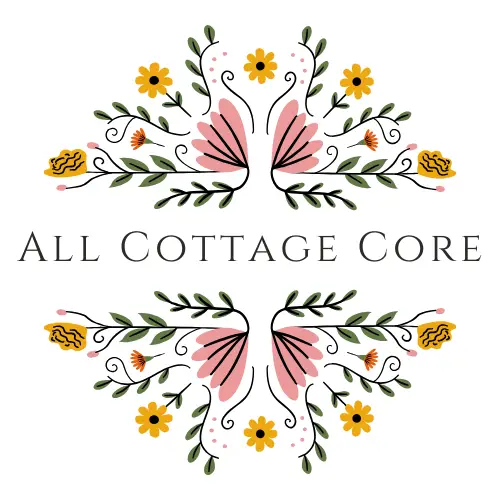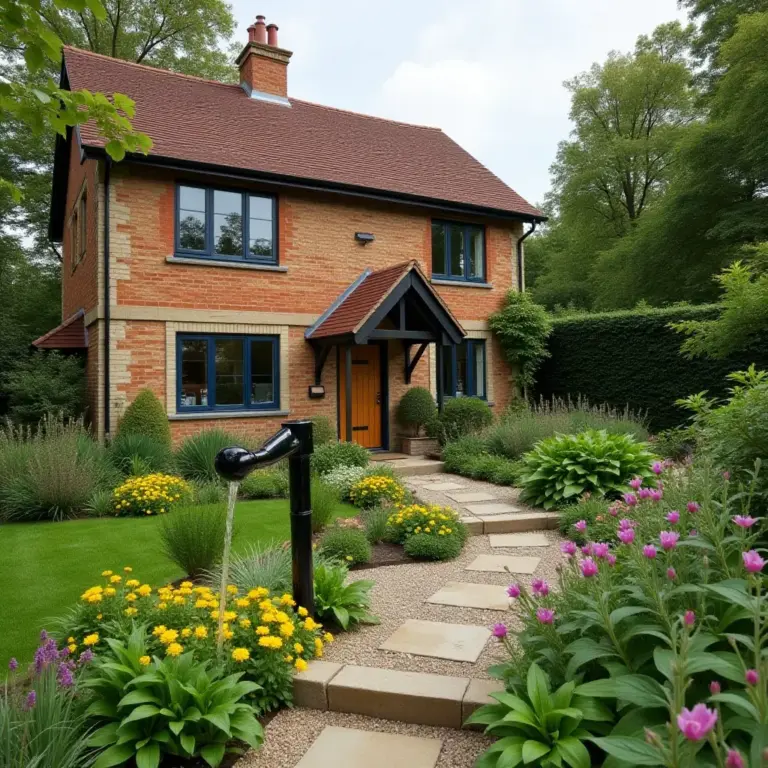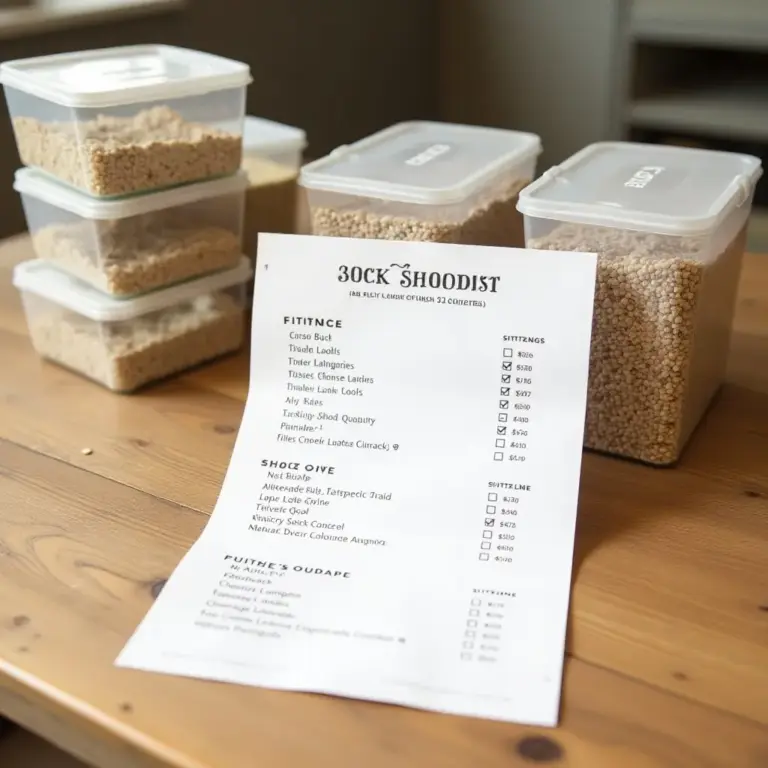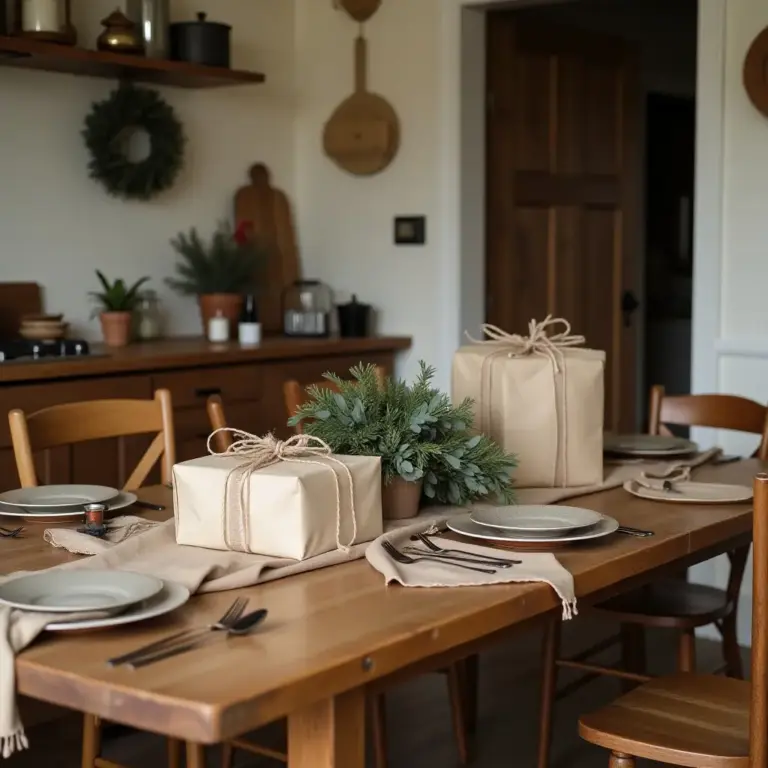Essential Insights
- Natural Lighting: Maximize sunlight with light curtains, strategic window placement, and mirrors.
- Sustainable Heating: Utilize wood-burning stoves, solar heating, and proper insulation.
- Eco-Friendly Lighting: Switch to LED bulbs and solar-powered outdoor lights.
- Solar Panels: Install solar panels to reduce energy reliance and costs.
- Natural Insulation: Use materials like wool and recycled denim for efficient insulation.
- Water Conservation: Implement rainwater harvesting and low-flow fixtures.
Introduction
Creating an energy-efficient cottagecore home is not just about saving energy; it’s about embracing a lifestyle that harmonizes with nature. Imagine a cozy cottage where sunlight dances through vintage lace curtains, and a wood-burning stove keeps you warm on chilly nights. Growing up, my grandmother’s cottage was a haven of warmth and light, where every corner was thoughtfully designed to use natural resources wisely. By focusing on natural lighting and sustainable heating, you can create a home that is both charming and kind to the planet. Let’s explore how to blend cottagecore aesthetics with energy efficiency.
Harnessing Natural Lighting
Natural lighting is a simple way to make your cottagecore home more energy-efficient. By letting sunlight in, you can reduce the need for artificial lighting during the day. Consider these tips:
- Choose Light Curtains: Opt for sheer or lace curtains that allow sunlight to filter through while maintaining privacy.
- Use Mirrors: Place mirrors opposite windows to reflect light and brighten up the room.
- Window Placement: If building or renovating, consider the direction of your windows. South-facing windows capture the most sunlight.
- Trim Outdoor Plants: Keep trees and bushes trimmed to prevent them from blocking sunlight.
In my own cottage, I found that arranging furniture to make the most of sunny spots not only brightened the space but also warmed it naturally. Embrace these methods to create a cozy, sunlit haven that aligns with your love for nature.
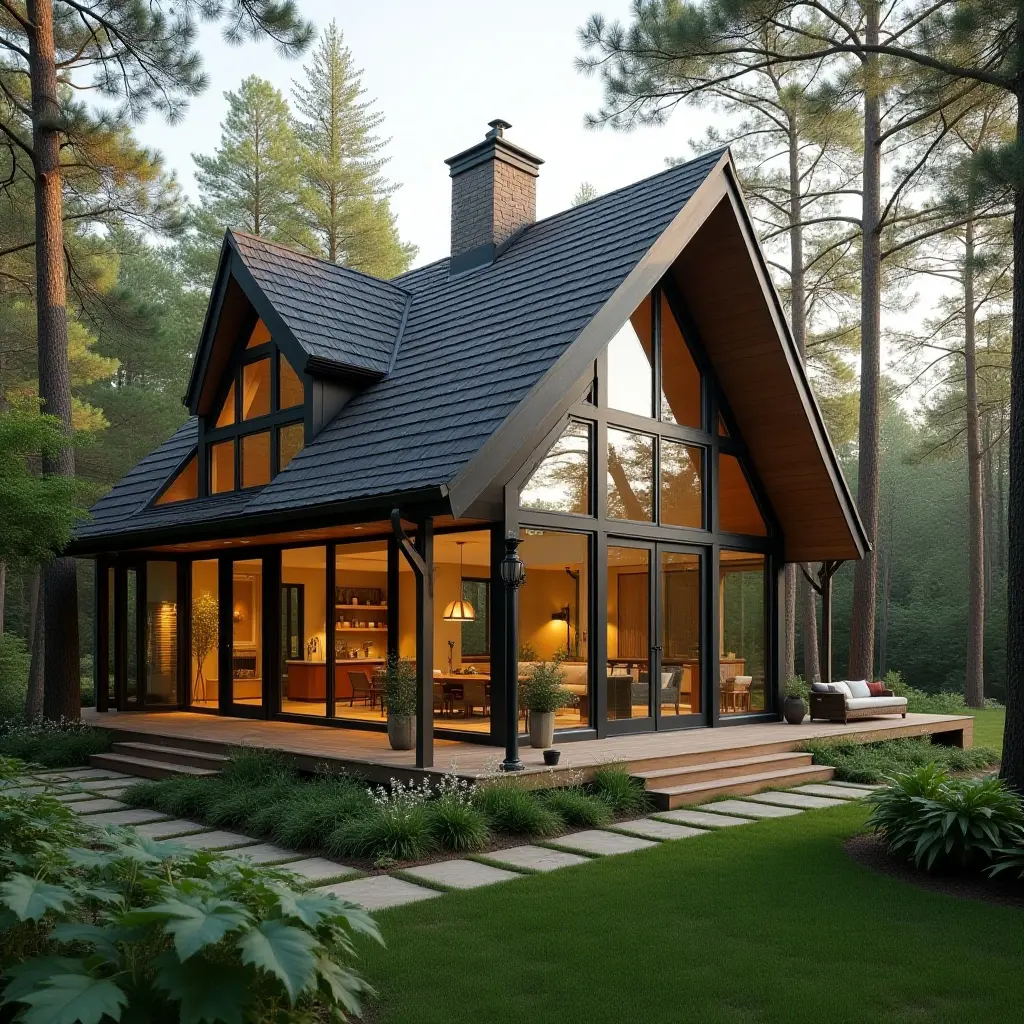
Sustainable Heating Solutions
Sustainable heating is essential for an energy-efficient cottagecore home. Using eco-friendly methods not only keeps your space warm but also aligns with a nature-loving lifestyle. Here are some ideas:
- Wood-Burning Stoves: A classic choice that adds charm and warmth. Use locally sourced wood to minimize environmental impact.
- Pellet Stoves: These are efficient and use compressed wood or biomass pellets, which are renewable.
- Solar Heating: Install solar panels to capture the sun’s energy, reducing reliance on traditional heating methods.
- Insulation: Ensure your home is well-insulated to keep the warmth in and the cold out. Use sustainable materials like wool or recycled denim.
- Geothermal Systems: Though an investment, these systems use the earth’s natural heat and can be very efficient.
Incorporating these sustainable heating solutions can make your cottage feel like a warm embrace during the colder months.
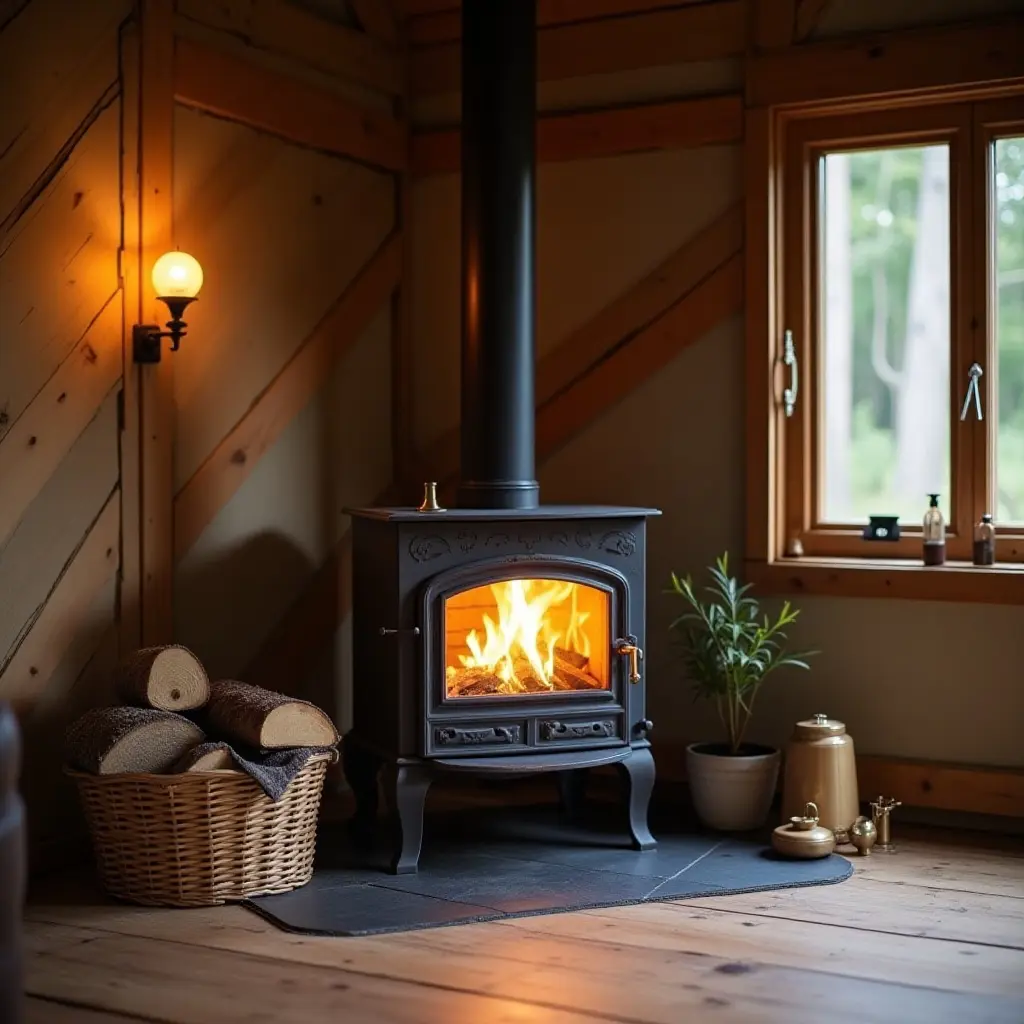
Eco-Friendly Lighting Options
Eco-friendly lighting is a great way to enhance an energy-efficient cottagecore home. Start by using LED bulbs, which consume less electricity and last longer than traditional bulbs. They come in warm tones that complement a cozy, vintage aesthetic. When I switched to LEDs, I noticed a significant drop in my electricity bill.
Another tip is to embrace solar-powered lights for outdoor spaces. These lights charge during the day and provide soft, ambient lighting at night. They’re perfect for illuminating garden paths and creating a magical evening atmosphere without using extra electricity.
- Candles: Use beeswax or soy candles for a natural, gentle glow. They add warmth and are made from renewable resources.
- Fairy Lights: Opt for solar-powered fairy lights to drape across your porch or around windows for a whimsical touch.
By incorporating these eco-friendly lighting options, your cottage can shine brightly while staying true to a sustainable lifestyle.
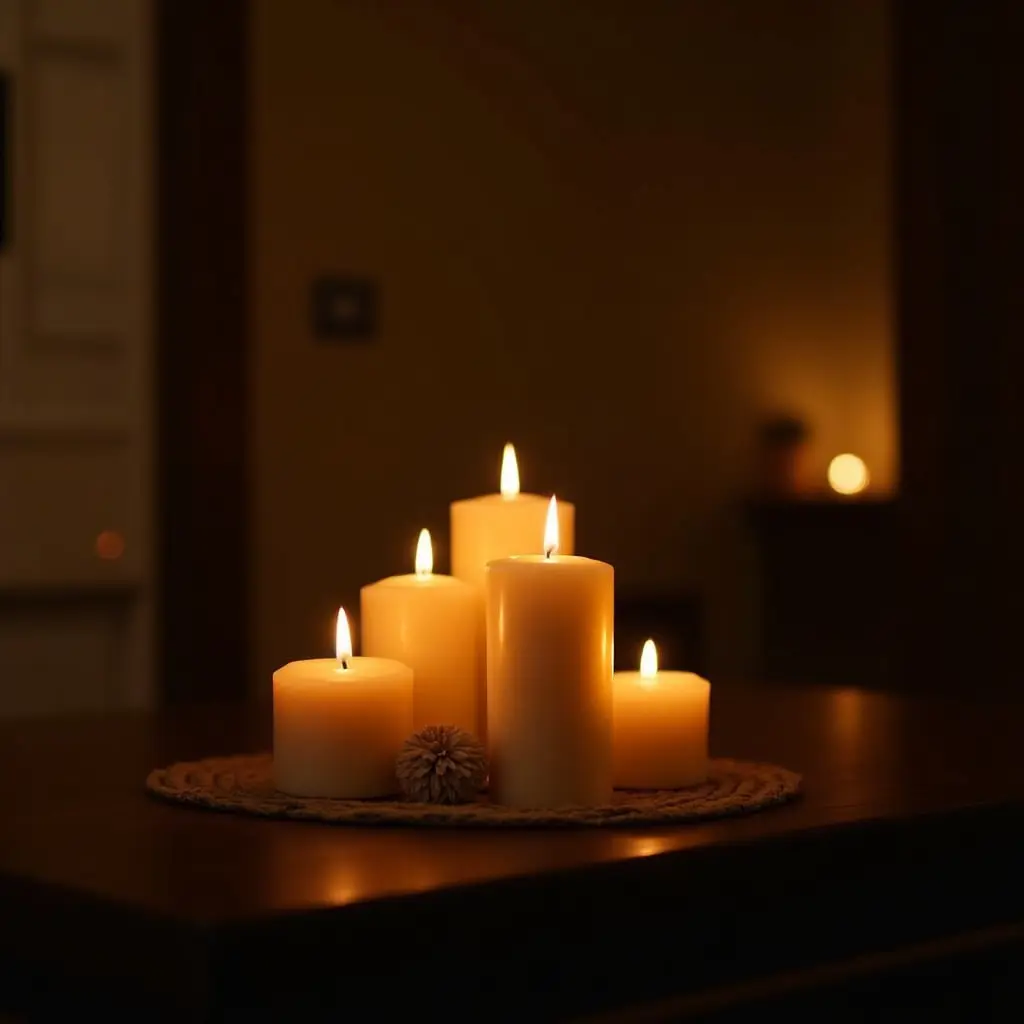
Integrating Solar Panels
Integrating solar panels into your cottagecore home is a wonderful way to embrace energy efficiency while staying true to a nature-inspired lifestyle. Solar panels capture sunlight and convert it into electricity, reducing your reliance on conventional power sources. This not only helps the environment but can also lower your energy bills.
For those concerned about aesthetics, modern solar panels come in various designs that can blend seamlessly with the rustic charm of a cottage. You can even opt for solar shingles that mimic the look of traditional roofing materials. Installing solar panels on a south-facing roof is ideal, as it maximizes sun exposure.
While the initial cost may seem high, many areas offer incentives or rebates for solar panel installation, making it a more affordable option in the long run. By investing in solar energy, you contribute to a sustainable future while maintaining the cozy, authentic feel of your home.
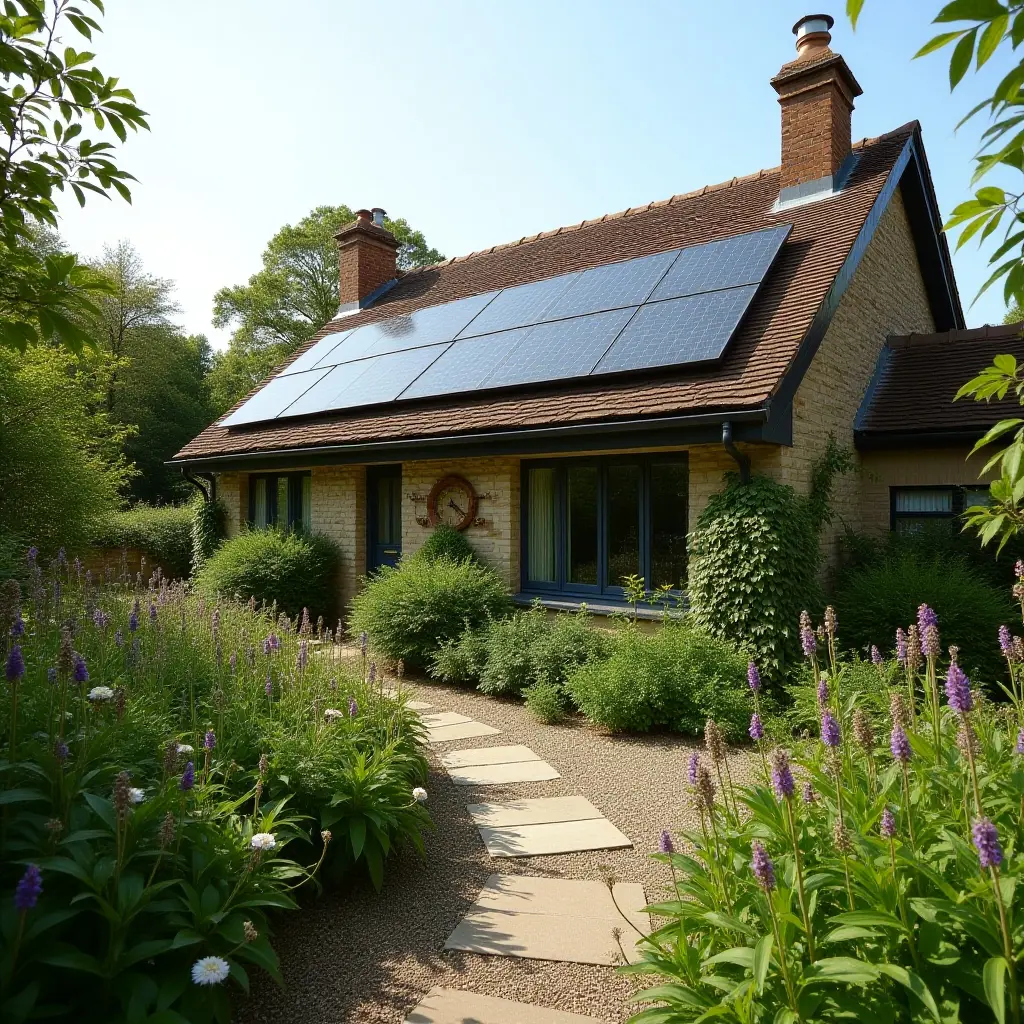
Insulation with Natural Materials
Insulation with natural materials is a fantastic way to enhance the energy efficiency of your cottagecore home. By using materials like wool, straw bales, or recycled denim, you can keep your home warm in winter and cool in summer. Wool, for example, is not only a great insulator but also naturally resists mold and mildew.
Straw bales are another excellent choice. They are highly insulating and can be used in walls to create a cozy, rustic feel. Plus, they are biodegradable and sustainable. Recycled denim is a modern option that repurposes old jeans into effective insulation, combining eco-friendliness with excellent thermal performance.
When I first insulated my cottage with wool, I noticed the difference immediately. The house felt snug and warm, and my heating bills dropped significantly. Embracing these natural materials not only aligns with the cottagecore aesthetic but also helps reduce your environmental footprint.
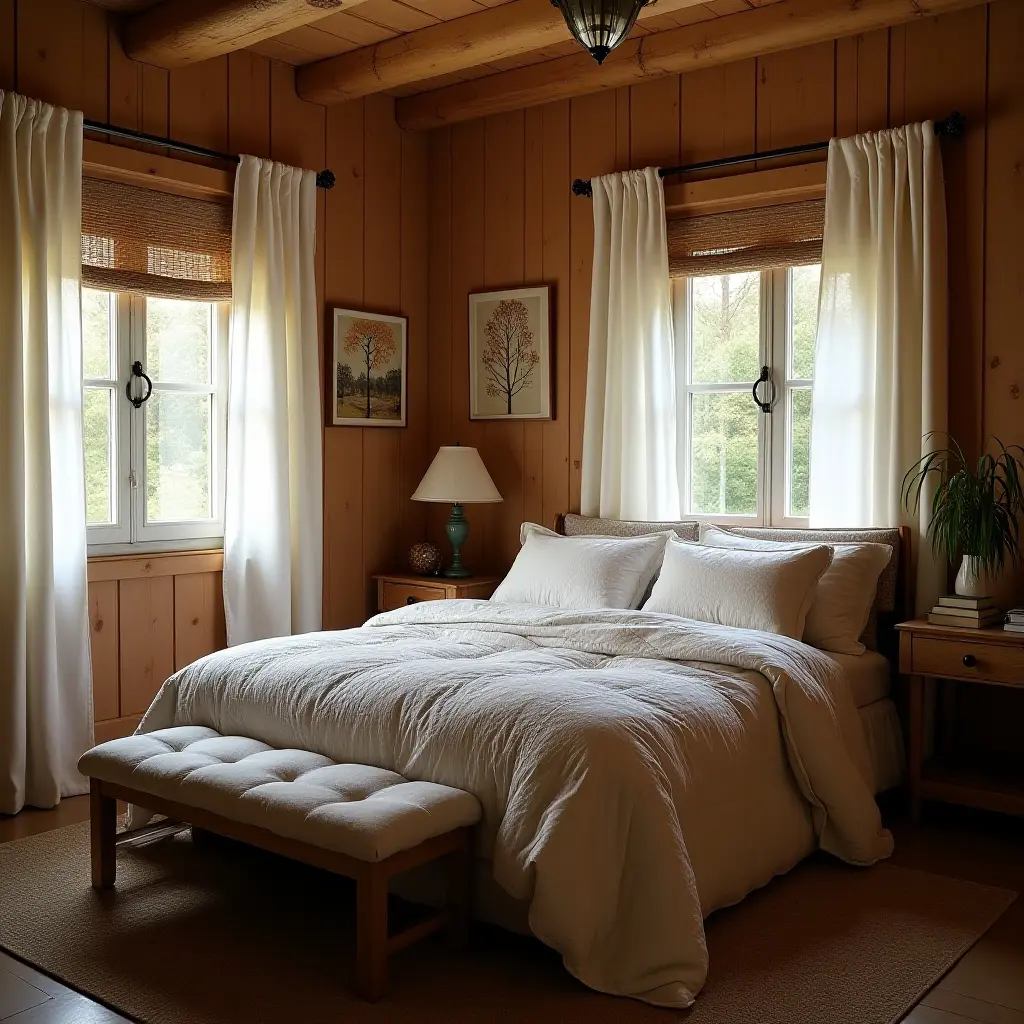
Water Conservation Tips
Water conservation is a vital part of creating an energy-efficient cottagecore home. Here are some simple ways to save water while maintaining a charming and practical lifestyle:
- Rainwater Harvesting: Collect rainwater using barrels. This water can be used for watering plants or even flushing toilets.
- Low-Flow Fixtures: Install low-flow faucets and showerheads to reduce water usage without sacrificing comfort.
- Mindful Gardening: Use native plants that require less water and mulch to retain soil moisture.
- Fix Leaks: Regularly check and repair any leaks in pipes and faucets to prevent water waste.
- Composting Toilets: Consider using composting toilets, which use little to no water and turn waste into compost.
By integrating these water-saving strategies, you can make your cottage more sustainable and harmonious with nature. Not only will this help the environment, but it will also add to the rustic charm of your cottagecore lifestyle.
Conclusion
Creating an energy-efficient cottagecore home is a journey that blends the charm of rustic living with the practicality of sustainability.
By harnessing natural light, choosing eco-friendly heating options, integrating solar panels, and using natural materials for insulation, you can enjoy a cozy and environmentally friendly haven. Water conservation techniques further enhance this balance, ensuring your cottage remains a sanctuary that respects nature.
These thoughtful choices not only reduce your carbon footprint but also enrich your connection to the natural world, allowing you to live in harmony with the serene beauty of cottagecore aesthetics.
FAQ
- What is cottagecore? Cottagecore is an aesthetic and lifestyle trend that emphasizes simplicity, nature, and rustic charm, often inspired by rural living.
- How can I maximize natural lighting? Use light curtains, mirrors, and strategic window placement to enhance natural light in your home.
- What are sustainable heating options? Consider wood-burning stoves, solar heating, and proper insulation using natural materials like wool.
- Why switch to LED bulbs? LED bulbs are energy-efficient, last longer, and complement the cozy, vintage aesthetic of cottagecore homes.
- Are solar panels cost-effective? While initially expensive, solar panels can reduce energy bills and many areas offer incentives for installation.
